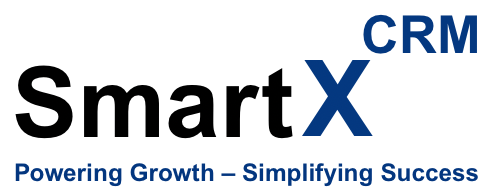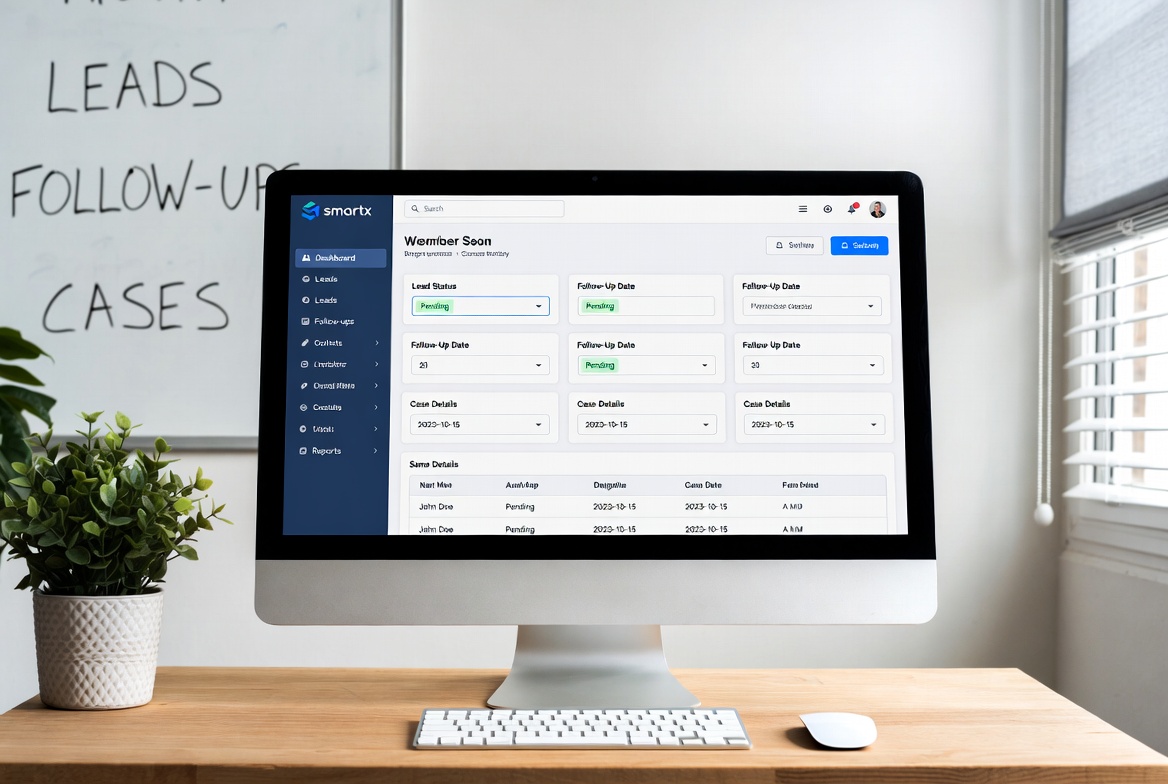WhatsApp automation has revolutionized how businesses communicate with customers, streamline operations, and boost sales conversions. With over 2 billion active users worldwide, WhatsApp has become the most powerful messaging platform for business automation, customer support, and marketing campaigns.
What is WhatsApp Automation and Why Your Business Needs It
WhatsApp automation refers to the use of automated tools, chatbots, and software solutions to manage WhatsApp Business conversations without manual intervention. This technology enables businesses to send automated messages, respond to customer queries instantly, and manage large-scale communication efficiently.
Key Benefits of WhatsApp Business Automation
1. 24/7 Customer Support WhatsApp automation tools provide round-the-clock customer service, ensuring your business never misses a customer inquiry. Automated responses handle common questions while complex queries are seamlessly transferred to human agents.
2. Improved Response Times Studies show that 90% of customers expect immediate responses on WhatsApp. Automation reduces response time from hours to seconds, significantly improving customer satisfaction and retention rates.
3. Cost-Effective Communication Implementing WhatsApp automation reduces operational costs by up to 60% compared to traditional customer support methods. Businesses can handle thousands of conversations simultaneously without increasing staff.
4. Enhanced Lead Generation Automated WhatsApp marketing campaigns generate 3x more leads than email marketing. Interactive chatbots qualify prospects, collect contact information, and nurture leads through the sales funnel.
Top WhatsApp Automation Features Every Business Should Use
Automated Welcome Messages
Set up personalized greeting messages that instantly welcome new customers, introduce your business, and guide them through available services. These automated welcome sequences create positive first impressions and increase engagement rates.
Smart Chatbot Responses
Deploy intelligent WhatsApp chatbots that understand natural language, answer frequently asked questions, and provide relevant product information. Advanced chatbots use AI to deliver human-like conversations that enhance customer experience.
Broadcast Messaging
Send targeted promotional messages, product updates, and important announcements to segmented customer groups. WhatsApp automation platforms allow businesses to create personalized broadcast campaigns that comply with WhatsApp Business policies.
Quick Reply Templates
Create pre-defined message templates for common customer inquiries, order confirmations, shipping updates, and support responses. Quick replies ensure consistent communication while saving valuable time for your support team.
Integration Capabilities
Connect WhatsApp automation with CRM systems, e-commerce platforms, and business tools to create seamless workflows. This integration synchronizes customer data, order information, and communication history across all platforms.
How to Set Up WhatsApp Automation for Your Business
Step 1: Choose the Right WhatsApp Automation Platform
Select a comprehensive WhatsApp automation solution that offers advanced features, reliable uptime, and excellent customer support. Look for platforms that provide chatbot builders, broadcast tools, and CRM integration capabilities.
Step 2: Configure Your WhatsApp Business Account
Verify your WhatsApp Business account and complete the business profile with accurate information, including business description, contact details, and operating hours. A complete profile builds trust and improves automation effectiveness.
Step 3: Design Conversation Flows
Map out customer journey paths and create logical conversation flows for different scenarios. Design automated responses for product inquiries, order tracking, appointment booking, and customer support requests.
Step 4: Set Up Automated Triggers
Configure triggers that automatically send messages based on specific actions or time intervals. Examples include welcome messages for new contacts, follow-up messages after purchases, and reminder messages for abandoned carts.
Step 5: Test and Optimize
Thoroughly test your WhatsApp automation workflows before launching. Monitor performance metrics, analyze customer feedback, and continuously optimize your automated responses for better results.
WhatsApp Automation Best Practices for Maximum ROI
Personalization is Key
Use customer data to personalize automated messages with names, purchase history, and preferences. Personalized WhatsApp automation increases engagement rates by 45% and improves customer satisfaction scores.
Maintain Human Touch
Balance automation with human interaction by providing easy escalation options. Customers should always have the ability to connect with human agents when automated responses don’t meet their needs.
Comply with WhatsApp Policies
Follow WhatsApp Business API guidelines and messaging policies to avoid account restrictions. Obtain proper consent before sending promotional messages and respect customer preferences for communication frequency.
Monitor Analytics and Metrics
Track key performance indicators including message delivery rates, response times, customer satisfaction scores, and conversion rates. Use these insights to refine your WhatsApp automation strategy and improve results.
Regular Content Updates
Keep your automated message content fresh and relevant. Regularly update product information, pricing details, and promotional offers to ensure customers receive accurate information.
Advanced WhatsApp Automation Strategies
AI-Powered Conversation Intelligence
Implement artificial intelligence to analyze customer conversations, identify trends, and provide predictive insights. AI-powered WhatsApp automation can predict customer needs and proactively offer relevant solutions.
Multi-Language Support
Configure your automation platform to support multiple languages, enabling global customer communication. Automated language detection and translation features expand your market reach and improve customer experience.
Integration with E-commerce Platforms
Connect WhatsApp automation with your online store to send order confirmations, shipping notifications, and delivery updates. This integration creates a seamless shopping experience that increases customer loyalty.
Appointment Scheduling Automation
Implement automated booking systems that allow customers to schedule appointments, consultations, or service calls directly through WhatsApp. This feature reduces administrative workload and improves customer convenience.
Industry-Specific WhatsApp Automation Use Cases
E-commerce and Retail
- Automated order confirmations and tracking updates
- Abandoned cart recovery messages
- Product recommendations based on browsing history
- Customer support for returns and exchanges
- Flash sale notifications and promotional campaigns
Healthcare and Medical Services
- Appointment booking and reminder systems
- Prescription refill notifications
- Health tips and wellness content
- Emergency contact protocols
- Patient feedback collection
Real Estate
- Property inquiry responses and virtual tour scheduling
- Market update notifications
- Client follow-up sequences
- Document collection workflows
- Investment opportunity alerts
Education and Training
- Course enrollment confirmations
- Class schedule updates and reminders
- Assignment submission deadlines
- Student support and counseling
- Parent-teacher communication
Measuring WhatsApp Automation Success
Key Metrics to Track
Response Rate: Measure the percentage of customers who respond to your automated messages. A good response rate indicates engaging and relevant content.
Conversion Rate: Track how many automated conversations result in desired actions like purchases, bookings, or sign-ups. This metric directly correlates to ROI.
Customer Satisfaction Score: Regularly survey customers about their experience with your WhatsApp automation system. High satisfaction scores indicate effective automation strategies.
Cost Per Acquisition: Calculate the cost of acquiring new customers through WhatsApp automation compared to other marketing channels.
Resolution Rate: Measure how many customer issues are resolved through automated responses without human intervention.
Common WhatsApp Automation Challenges and Solutions
Challenge 1: Over-Automation
Solution: Strike the right balance between automated and human responses. Provide clear escalation paths and ensure complex issues are handled by human agents.
Challenge 2: Generic Messaging
Solution: Implement dynamic content personalization using customer data and behavioral insights to create more relevant automated messages.
Challenge 3: Platform Compliance
Solution: Stay updated with WhatsApp Business API policies and implement proper consent mechanisms for marketing messages.
Challenge 4: Integration Complexity
Solution: Choose automation platforms with robust API capabilities and pre-built integrations for popular business tools.
Future Trends in WhatsApp Automation
Voice Message Automation
Advanced platforms are beginning to support automated voice messages, making communication more personal and engaging for customers who prefer audio content.
Video Integration
WhatsApp automation is evolving to include automated video responses, product demonstrations, and interactive video content that enhances customer engagement.
Advanced AI Capabilities
Machine learning algorithms are becoming more sophisticated, enabling WhatsApp automation systems to understand context, sentiment, and intent more accurately.
Cross-Platform Integration
Future automation solutions will seamlessly integrate WhatsApp with social media platforms, email marketing, and other communication channels for unified customer experiences.
Conclusion: Transform Your Business with WhatsApp Automation
WhatsApp automation represents a game-changing opportunity for businesses to scale their communication, improve customer service, and drive revenue growth. By implementing the right automation strategy, businesses can handle thousands of conversations simultaneously while maintaining personalized customer experiences.
The key to successful WhatsApp automation lies in choosing the right platform, designing thoughtful conversation flows, and continuously optimizing based on performance data. As customer expectations for instant communication continue to rise, businesses that embrace WhatsApp automation will gain a significant competitive advantage.
Start your WhatsApp automation journey today by evaluating your current communication processes, identifying automation opportunities, and selecting a robust WhatsApp automation platform that can grow with your business needs. With proper implementation and ongoing optimization, WhatsApp automation will transform your customer communication and drive measurable business results.
Remember, the most successful WhatsApp automation strategies focus on enhancing human connections rather than replacing them. Use automation to handle routine tasks and inquiries while ensuring complex customer needs receive the personal attention they deserve./isolated-segment.html





Leave a comment: